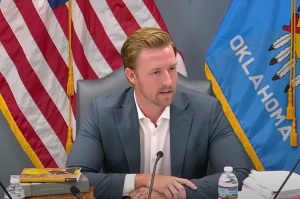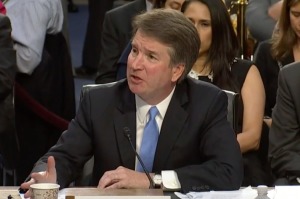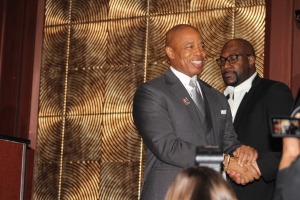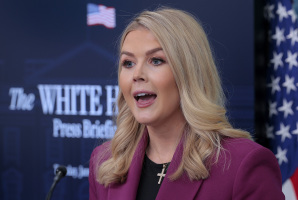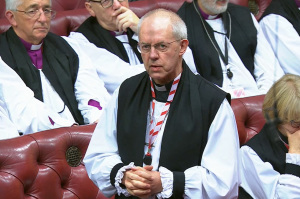Churches need to build bridges between police and community, evangelical leaders say
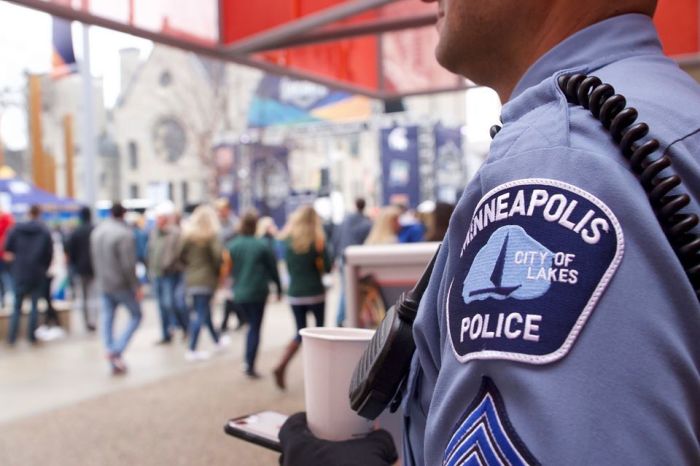
Christian leaders want communities and police to come together through the Church, according to a recent survey of evangelical leaders.
The National Association of Evangelicals' September survey of leaders found that 97% support churches facilitating conversations between police and others in their community. This support comes from a belief that the Church has a responsibility to promote peace, restoration and healing, the survey said.
“There’s a clear and obvious need in America for bridges to be built between law enforcement and the communities they serve. It’s in the strategic interest of everyone involved,” the Rev. Markel Hutchins told The Christian Post.
Hutchins leads police reconciliation group Faith and Blue, civil rights group Movement Forward and police church group One Congregation, One Precinct.
Churches need to get involved with the police and local communities because the tensions between police and the community are trust issues more than anything else, he said. Most police have good tools, good policies and good training. As the largest and most deeply connected relationship network in many communities, the local church occupies a position which allows it to help fix this crucial relationship gap.
“We have in America the most well trained law enforcement officers in any period of history. You can only train the hands,” Hutchins said. “It is about how communities and law enforcement relate to each other, how officers treat the people they’re policing to how communities treat the police officers who are sworn to protect and serve them.”
The biggest problems in American policing can be seen in the Ferguson, Missouri, shooting of Michael Brown, Hutchins said. Forensic evidence and eyewitness testimony indicate that police officer Darren Wilson shot Brown after Brown attacked, fled and again charged the officer, according to The New York Times. A grand jury didn’t indict Wilson for his actions.
Even so, Brown’s death set off a “powder-keg” because the local community had a history of distrust for local police, Hutchins said.
“If I had to trace back the division even in our political discourse that we’re seeing today, I think a lot of that started back in 2014 when Michael Brown was killed in Ferguson, Missouri,” he said. “In Ferguson, the law enforcement agency did not reflect the values or demographics of their local community.”
By bringing police and the community together, the Church can help create that missing trust, Hutchins said.
“Policy changes alone won’t fix the challenges we face. That can only happen in community engagement," he said. "There are no other community institutions that have the depth and breadth and expertise of the Body of Christ.”
In communities with high crime rates and a history of conflict with the police, the local church should work to make changes, Hutchins said. When Christians give young people opportunities to work and relax, crime goes down.
“We have to empower the church to do more to create programs that give young people alternatives to violent crime. Crime in Boston decreased when opportunities for young people increased,” he said.
The rare evangelical leaders who say churches shouldn't connect police and communities have the wrong theology, Hutchins said. The church isn't only about religious activity.
“I could not disagree more,” Hutchins said. “What made Jesus a transforming figure was that He had a ministry that met people where they lived. He healed the sick, He fed the hungry, He went to the highways and byways. We must render service to humanity.”
















